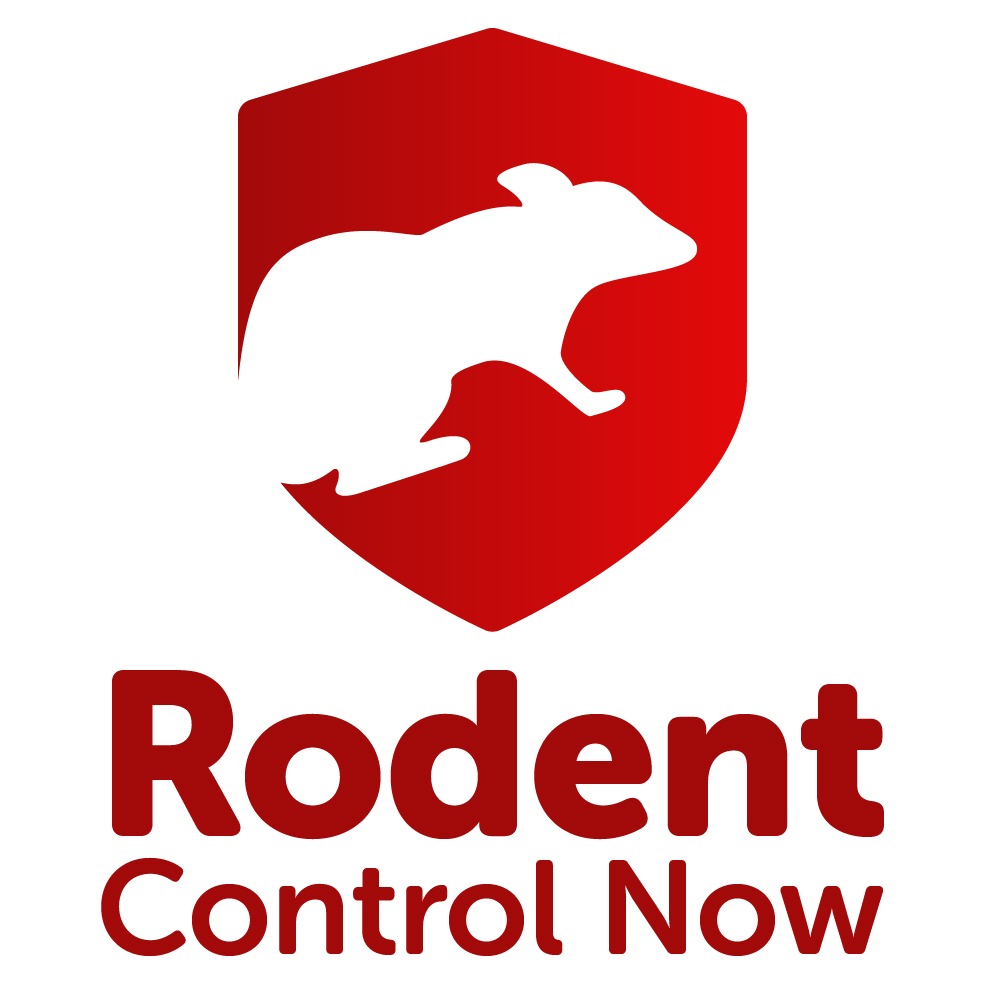Raccoons are well known for their cunning, adaptability, and ability to wreak havoc on human habitats. From tearing into garbage cans to setting up homes in the chimney or attic, these furry little critters can cause significant damage to your property. Even more concerning, they often carry hazardous parasites or diseases, so it’s vital to clean their mess properly to avoid health risks. This article offers a comprehensive guide to repairing raccoon damage and restoring the safety and tranquility of your living space.
Firstly, let’s tackle the matter of your property’s outdoor areas. If raccoons have made a mess of your garbage cans, compost piles, or garden, start by cleaning up the scattered debris. Consider investing in raccoon-proof garbage cans or compost bins in the future to prevent a similar situation. If raccoons have damaged your home’s exterior, like wooden panels or roof shingles, you’ll need to replace these parts as soon as possible to prevent further harm. Keep in mind that open holes or entry points may invite raccoons or other wildlife back into your property, so these should be patched promptly. Masonry repair may be necessary if raccoons have taken to your chimney. Check for and repair any broken or loose bricks. Also, consider a durable steel chimney cap installation to deter wildlife from entering.
For indoor raccoon invasion, especially in the attic or basement, start by identifying and sealing their point of entry. Then, begin the cleaning and restoration process by removing raccoon droppings or urine-soaked insulation. Follow this with a thorough disinfection to eradicate any potential parasites or diseases. Professional help might be beneficial here as they have specialized equipment and chemicals approved by the Environmental Protection Agency (EPA) to carry out comprehensive cleanup and decontamination. After cleaning, inspect for damage to your home’s interior, including ductwork and wiring. Keep in mind that chewing on electrical wires can pose a serious fire hazard. If you doubt your ability to diagnose or fix these issues, hiring a licensed electrician or HVAC professional ensures a thorough inspection and repair.
It is crucial to mention that many people will suggest the use of mothballs or ammonia-based products to deter raccoons. However, these methods are generally ineffective. Moreover, they can pose harmful effects on humans and pets. The best way to keep raccoons away is to eliminate sources of food and shelter. Secure your garbage bins, keep pet food indoors, maintain a clean yard, prune tree branches near your roofline, and cover up entry points to your property.
In conclusion, dealing with raccoon damage can be a hassle and might require professional assistance for significant damages and decontamination. Repairing the damage entails cleaning, disinfesting, repairing or replacing damaged parts, and taking preventative measures to ward off future raccoon invasions. A positive side note is that homeowners’ insurance policies usually cover damage caused by wild animals, so it’s worth checking your policy details.
Remember, the earlier you address the damage, the better as this reduces the potential risk of health issues associated with raccoons. Additionally, it can prevent minor damages from escalating into more serious problems such as structural instability or fire hazards. Most importantly, always prioritize your safety and that of your loved ones when dealing with wildlife nuisances like raccoons.
20110405 – raccoon #6 – $500 of damage, promptly escaped – IMG_2918
By Claire CJS on 2011-04-05 05:43:27
